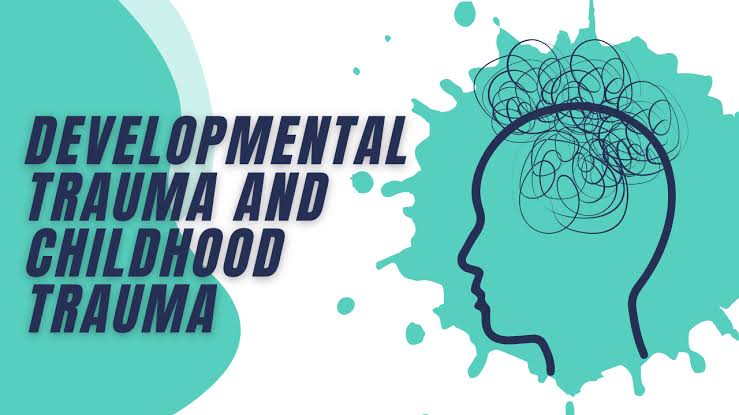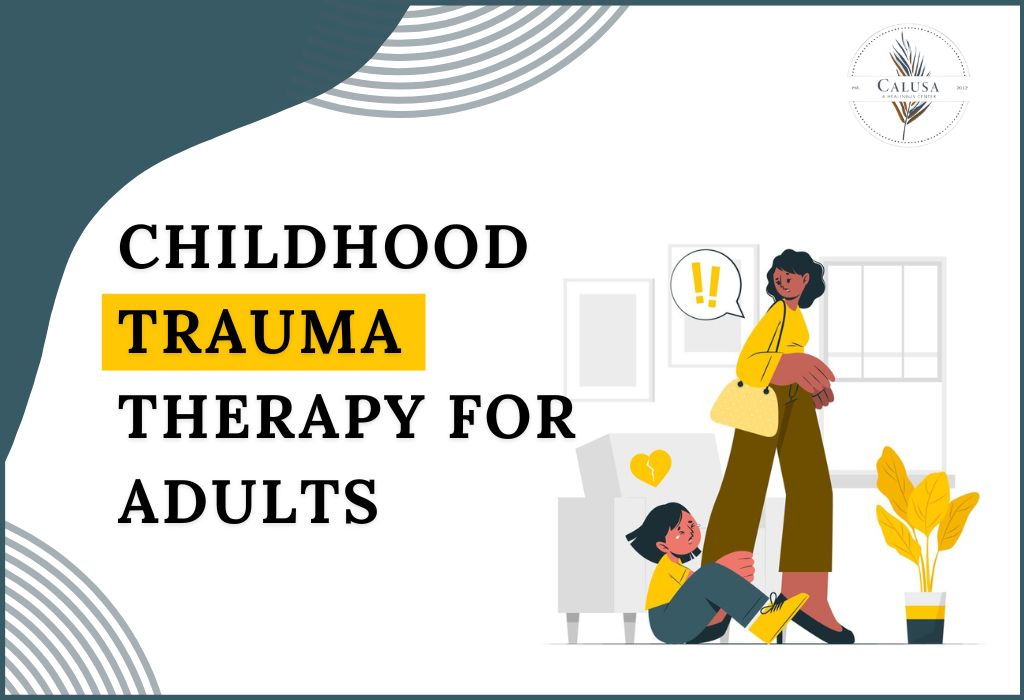When a child grows up in a safe and supportive environment, they often develop strong emotional stability. However, when that environment includes neglect, abuse or constant fear, the effects can last far beyond childhood. Many adults who suffer from anxiety disorders trace their struggles back to early traumatic experiences that changed the way their brain and emotions developed.

Childhood trauma can include physical, emotional or sexual abuse as well as exposure to violence or chronic stress. These experiences can disrupt how a child’s brain processes emotions and threats. Over time, the brain becomes overly alert and sensitive to danger, even when none exists. This constant state of fear and hypervigilance often leads to anxiety disorders later in life. Adults who endured trauma as children may find it hard to relax, trust others, or feel safe in ordinary situations.
Research in psychology and neuroscience shows that trauma affects both the mind and body. Children who experience high levels of stress produce excess cortisol a hormone linked to the body’s fight or flight response. When this system is overused during early development, it can withdrawal long term changes in mood regulation, sleep patterns and emotional balance. As a result, many adults with childhood trauma face anxiety symptoms like panic attacks, obsessive thoughts and social withdrawal.

Therapy and support can help break this cycle. Approaches like cognitive behavioral therapy , trauma focused therapy and mindfulness practices allow survivors to process painful memories safely. By understanding the root causes of their anxiety, adults can learn healthier ways to cope and rebuild emotional strength. Seeking professional help is a powerful step toward healing and creating a more peaceful life.
In summary, the link between childhood trauma and anxiety disorders in adulthood is strong and deeply personal. The experiences that shape us as children continue to influence our emotions and behavior long after we grow up. But with awareness, therapy and compassion, healing is possible. Early intervention and open conversations about trauma can help future generations grow up with stronger minds and healthier hearts.
